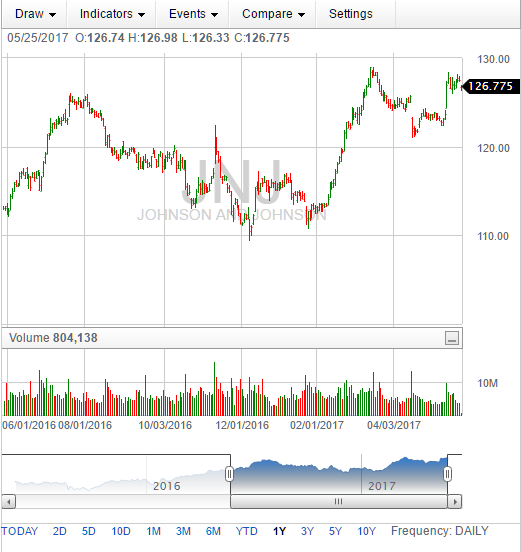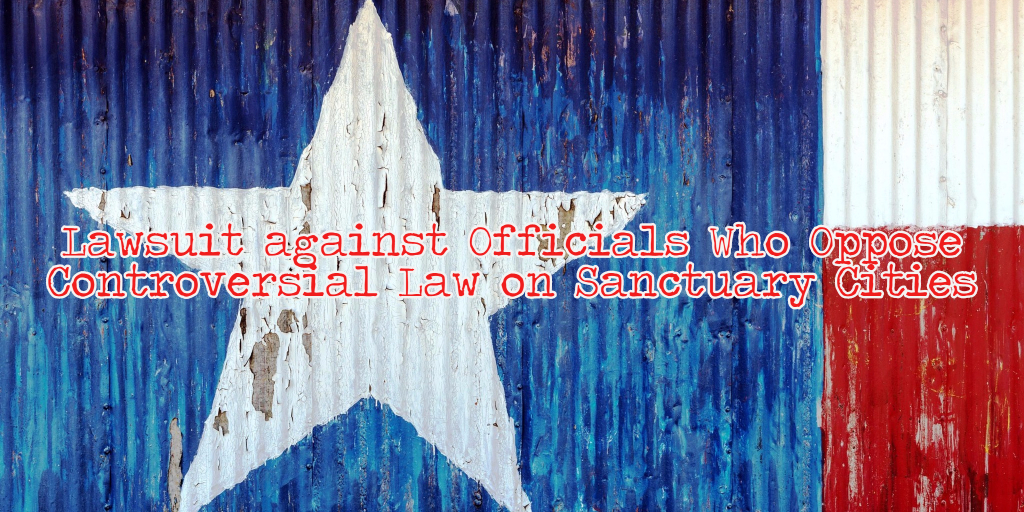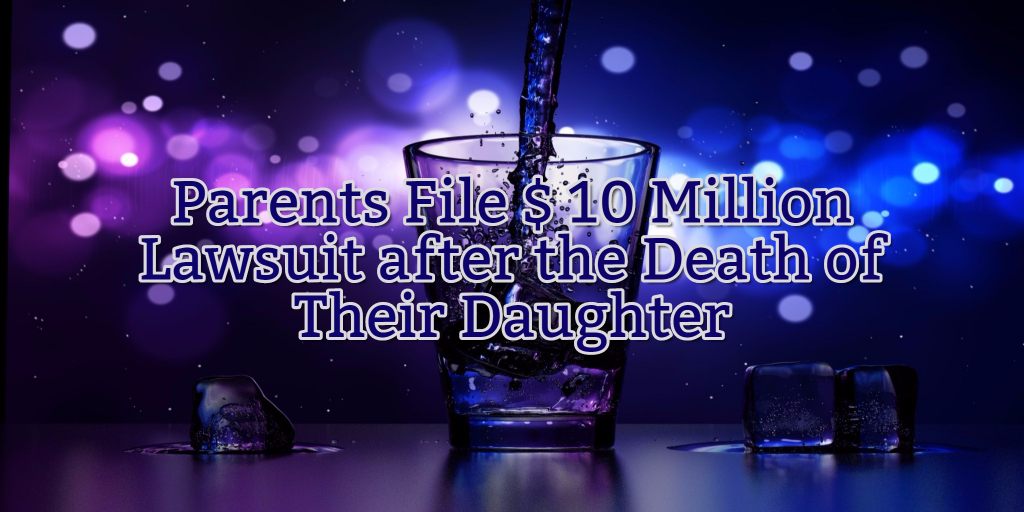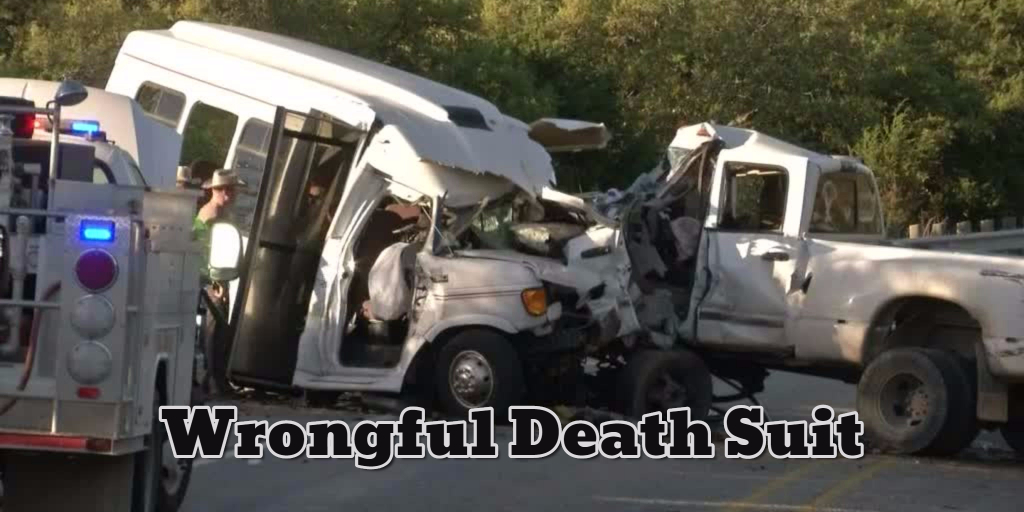Johnson & Johnson’s (JNJ: NYSE) “powder problem” just won’t go away. While the Company asserts that there is no connection between its products and ovarian cancer, jury after jury seems to disagree. The monetary awards to plaintiffs are mounting, but so far there has been no payout. So, what is the current state of JNJ’s “particle predicament”?
Right now, Johnson & Johnson has nearly 1,200 lawsuits pending over talc. Most of these suits allege that JNJ did not disclose known potential problems with the silicate, problems of which the Company has been aware for years. If that is the case, the matter might ultimately end up one of the cover-up being worse than the crime. But, is there really a “crime”?
There is certainly no clear verdict on whether talc causes ovarian cancer. One theory suggests that DNA changes over a women’s life may be related to ovarian cancer development. And, talc use could be a catalyst. However, according to the American Cancer Society, “studies haven’t been able to specifically link any single chemical in the environment or in our diets to mutations that cause ovarian cancer. The cause of most acquired mutations remains unknown.”
But, an analysis done by Johnson & Johnson, itself, seems to be the most problematic. As previously reported by AP, the conclusion states, in its author’s opinion, that “’anybody who denies (the) risks’ between ‘hygienic’ talc use and ovarian cancer will be publicly perceived in the same light as those who denied a link between smoking cigarettes and cancer: ‘denying the obvious in the face of all evidence to the contrary.’”
How has all of this affected JNJ’s marketplace performance? Looking at the chart of its share price over the last several years, not much. Here is a recent chart from Fidelity:

Additionally, in April, the Company announced an increased quarterly dividend of 5% from 80 cents per share to 84 cents per share. So, while the lawsuits are mounting, with JNJ spending more time defending them, the marketplace does not yet seem worried. Is this something that the Company will eventually overcome? Right now, it’s hard to say. Time will tell whether this is just a dusting for JNJ or a fatal cancer that won’t go away.











